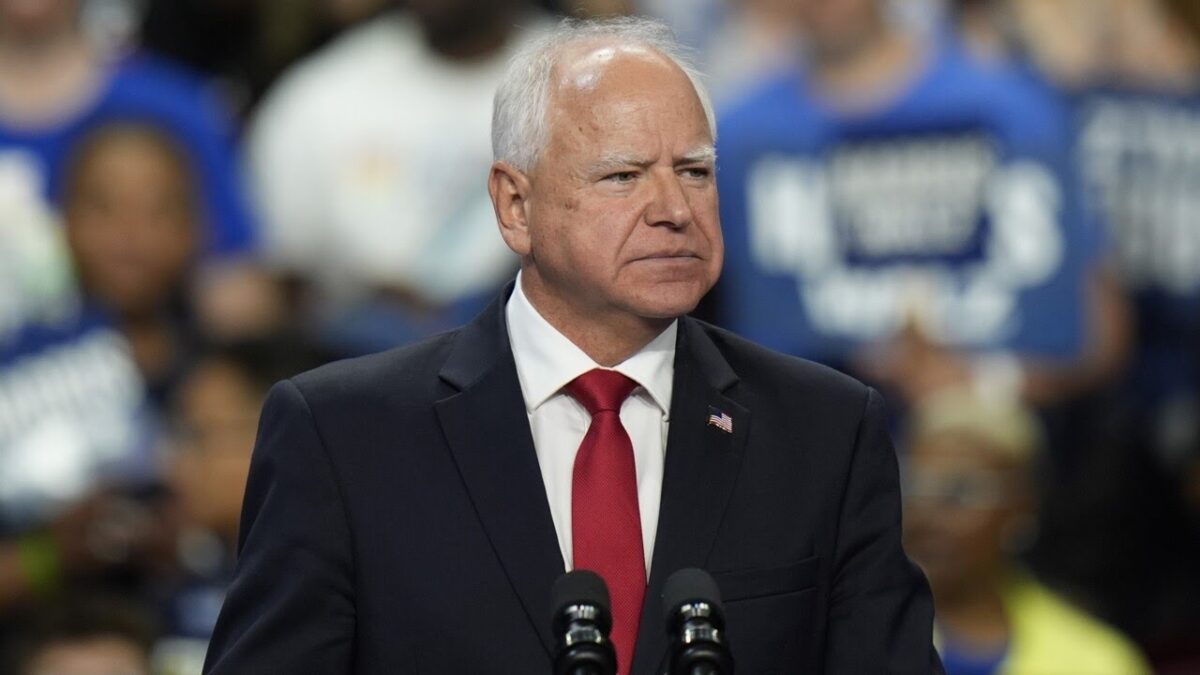In a dramatic twist of political fate, Minnesota Governor and Vice Presidential hopeful Tim Walz is at the center of a brewing storm that has sent ripples through both educational and religious communities. The crux of the controversy lies in new teacher licensing rules set to kick in by July 2025. These regulations are raising eyebrows as they appear to effectively exclude practicing Christians, Jews, and Muslims from teaching in public schools. How? By mandating educators to affirm transgender identities and other sensitive cultural issues that might clash with their religious beliefs.
The New Rules: A Closer Look
The upcoming licensing requirements demand that teachers create an environment where students’ identities—including gender identity—are not just acknowledged but actively supported. This isn’t limited to public school teachers; private schools seeking state licenses will also have to comply. Moreover, universities that train future educators must weave these standards into their curriculums or risk losing their ability to grant state teaching licenses.
Religious Freedom vs. Educational Requirements
This situation poses a significant dilemma for many religious educators who now find themselves caught between their faith and their career aspirations. Critics are vocal about what they see as an infringement on religious freedom, arguing that this policy forces them into an impossible position. It’s more than just a regulatory change; it’s a challenge to fundamental beliefs that many hold dear.
A Shift Towards Progressive Policies Under Walz
Under Governor Walz’s leadership, Minnesota has experienced a noticeable tilt towards progressive education policies. Diversity, equity, and inclusion (DEI) initiatives have become foundational elements of his administration’s agenda—much to the chagrin of those who oppose such measures. Detractors claim that these initiatives, including the contentious new teacher licensing rules, are steering Minnesota’s education system down a divisive path.
This shift raises alarm bells when you consider student achievement levels during Walz’s tenure. According to the National Assessment of Educational Progress, fourth-grade reading scores have dipped below the national average for the first time ever! Is there a connection between these educational policies and declining performance? Many are asking just that.
The Political Implications: A Vice Presidential Candidate Under Fire
The fallout from this scandal could be far-reaching politically. As Walz runs alongside Kamala Harris for the vice presidency, this controversy might play a pivotal role in shaping their electoral fortunes—especially in battleground states where education policies and religious freedoms stir strong sentiments among voters.
This timing couldn’t be more critical; emerging controversies like this one often come with heightened scrutiny during election seasons. What does this mean for Walz’s ambitions? The stakes are high as he navigates these turbulent waters while trying to maintain support from various factions within his party—and beyond.


Leave a Comment